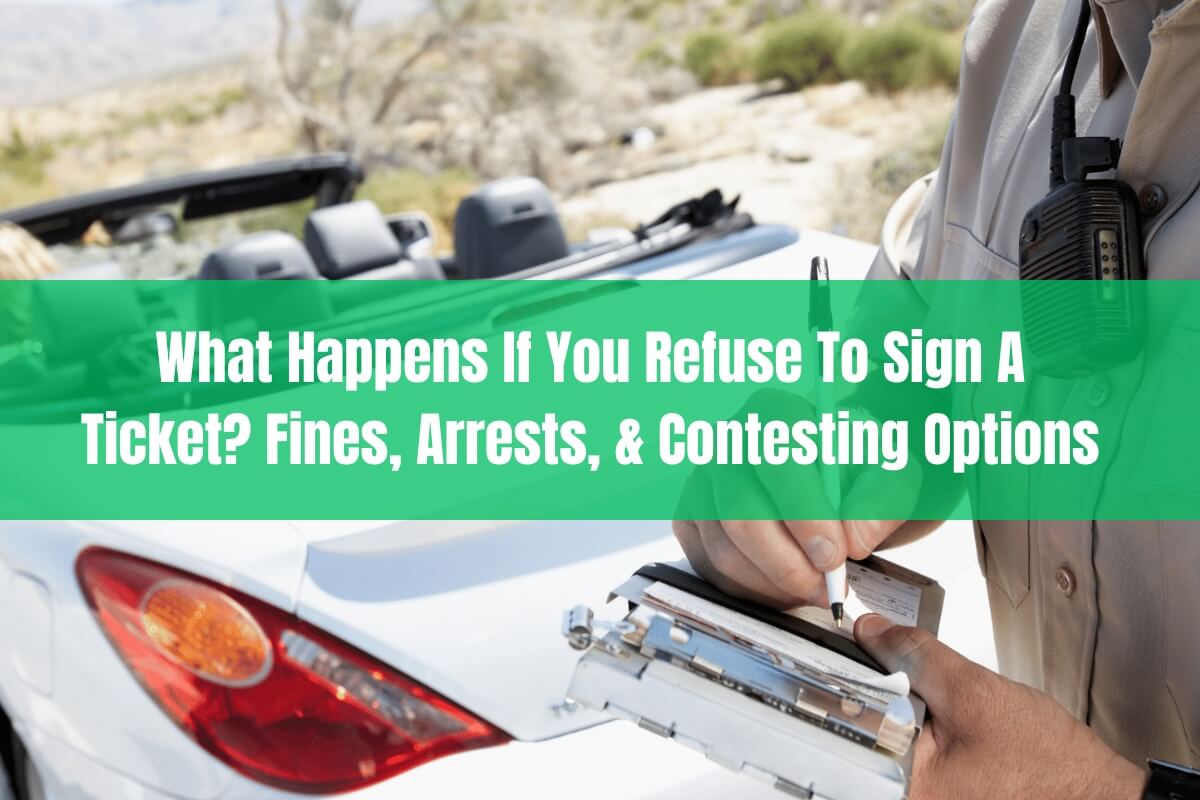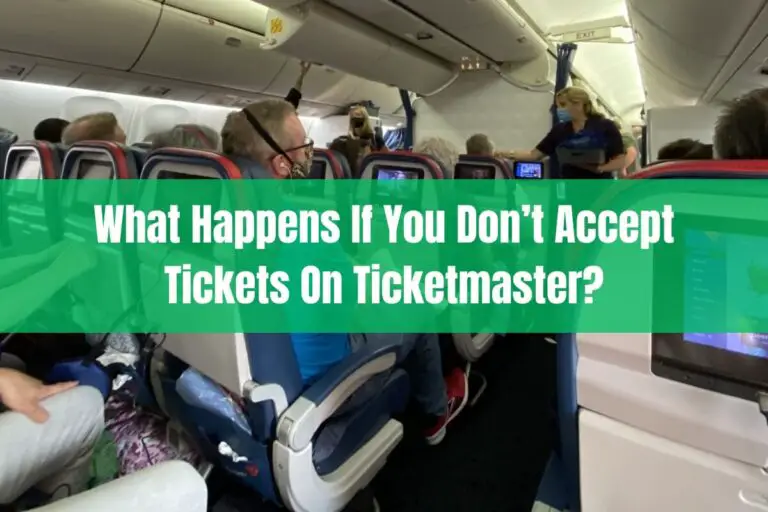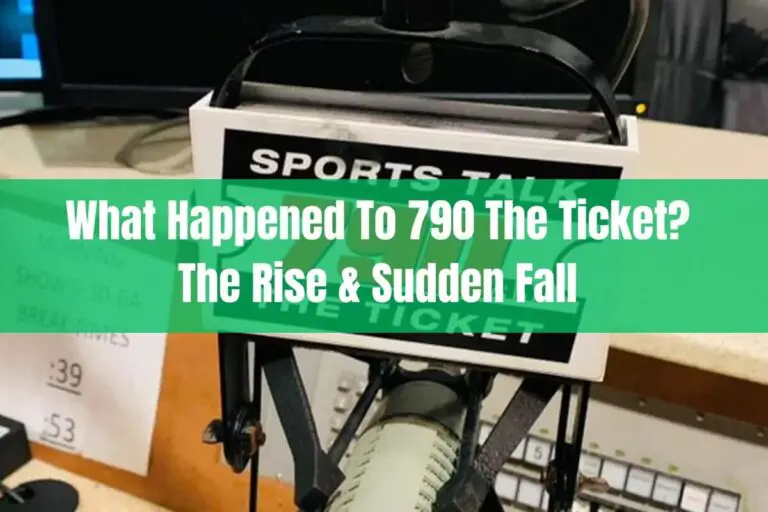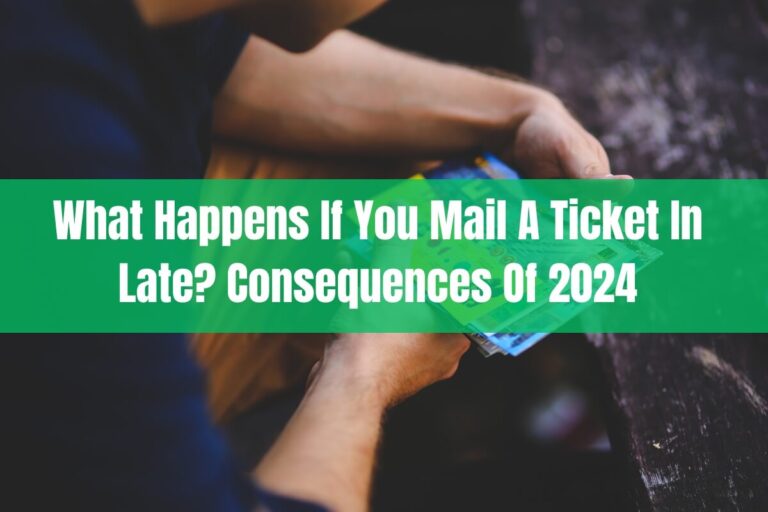
Getting pulled over and handed a traffic ticket can be an annoying and unnerving experience. When the officer asks you to sign the citation, you may be tempted to refuse as a way to show your displeasure. But is declining to sign a good idea? What actually happens if you refuse to sign a traffic ticket?
In this comprehensive guide, we’ll break down the implications of refusing to sign, key things to know about traffic citations, and smart strategies to contest a ticket you believe was unjust. Let’s dive in.
What Does Signing a Traffic Ticket Mean?
Before refusing to sign, it’s important to understand what signing a traffic ticket actually means.
- Signing is not an admission of guilt or fault. Your signature simply indicates that you have received the traffic citation.
- Signing means you agree to either pay the fine or contest the ticket in court by the date indicated. It’s a promise that you will appear to handle the traffic violation.
- If you don’t sign, the officer has cause to believe you won’t respond to the summons. Signing is about accountability more than admitting wrongdoing.
- In most cases, signing allows you to be released without bail or bond. Refusing complicates that process.
So in summary, think of signing a traffic ticket as acknowledging receipt, not admitting guilt. Your signature is not grounds for assuming you agree with the violation.
Can You Legally Refuse to Sign a Traffic Ticket?
The short answer is yes, you can refuse to sign a traffic ticket if you wish. There is no law requiring your signature. However, there are consequences to be aware of.
Even though refusing to sign does not make the ticket go away or nullify the charges, some drivers see it as a way to protest what they consider an unjust citation. But it rarely works out in their favor.
What Are the Consequences of Refusing to Sign a Traffic Ticket?
While you have the legal right to refuse to sign, doing so can lead to:
- Arrest: The officer may place you under arrest to ensure your appearance in court. Refusing to sign gives them cause.
- Posting Bail: After arrest, you will likely need to post bail or bond money for your release until the court date. This is an unnecessary inconvenience.
- License Suspension: Failure to sign can potentially result in the suspension of your driver’s license, whether you are a resident of that state or not.
- Additional Charges: In some cases, refusing to sign leads to extra charges like failure to comply added onto the original traffic violation.
- Complication: By not signing, you are failing to acknowledge the summons. This means an officer must take you into custody or issue a warrant.
As you can see, refusing to sign a traffic citation makes the situation much more difficult for you. The officer is just doing their job by enforcing traffic laws. Refusing to sign at roadside will not get your ticket dismissed or prove any kind of point.
What If You Believe the Traffic Ticket Was Unjustified?
We get it, sometimes tickets do seem unfair or outright wrong. You may have been cited incorrectly or even profiled unfairly.
In cases where you genuinely think a traffic ticket was bogus or inaccurate, here are tips:
- Sign Anyway: Accept the ticket, but sign to avoid complications. Make your case later.
- Note Inaccuracies: Document any errors, omissions, or contradictions you notice on the citation.
- Collect Evidence: Gather proof like photos, videos, testimony to build your case.
- Consult a Lawyer: Discuss options with an experienced traffic ticket attorney.
- Appear in Court: Contest the charges in court backed by your evidence and legal counsel.
The takeaway? Signing the ticket starts the legal process but doesn’t hamper your ability to challenge it. Work through proper channels to dispute unjust tickets.
What Are Your Options Once You Receive a Traffic Ticket?
When you get a traffic ticket, you generally have several options on how to respond:
Pay the Fine
For minor violations, paying the ticket and fine is often simplest. But it means:
- Points on your license that could lead to suspension
- Higher insurance premiums (15%+ per year typically)
- Admission of guilt on your record
Attend Traffic School
Many states offer traffic school to hide tickets from your insurance. You’ll still pay the fine but avoid points.
Contest the Ticket in Court
You can dispute the ticket in court if you believe it was inaccurate or undeserved. Negotiating with the prosecutor and judge directly gives you the best odds of dismissal or a reduced fine.
Trial by Written Declaration
In states like California, you can submit a written defense by mail. If the officer doesn’t respond, the ticket may get dismissed without you appearing.
Ignore It Entirely
Never advisable! You’ll be found guilty by default, face additional fees, and potentially have your license suspended and a warrant issued.
As you can see, paying the fine is usually the simplest option. But contesting the ticket in court or in writing are good ways to fight unjust citations. An attorney can help navigate the specifics in your state. Refusing to sign, however, accomplishes nothing.
What Happens If You Completely Ignore a Traffic Ticket?
Some motorists attempt to make their traffic ticket disappear by simply ignoring it altogether. This is never a good idea and can create an even bigger mess.
If you ignore a traffic citation you were issued, here’s what may happen:
- You’ll be found guilty without being present and have to pay the fines.
- The court will tack on additional civil penalties and fees, often $100+.
- A warrant can be issued for your arrest for failure to appear.
- The state may suspend or revoke your driver’s license.
- Outstanding unpaid fines can significantly damage your credit score if sent to collections.
- You may be charged with the additional crime of failure to appear when the warrant leads to your arrest.
In summary, ignoring a ticket almost always makes the consequences exponentially worse. Don’t skip your court date or fail to pay fines on time. Address the traffic violation through proper legal channels.
How to Handle an Unfair Traffic Ticket from Start to Finish
Let’s walk through the smart steps to take when you believe a traffic ticket was unreasonable or inaccurate:
Carefully Review the Ticket
Pay close attention to all details on the citation, like date, time, location, statutes cited, vehicle information, and the specific allegations. Make note of any discrepancies or errors. These could help your case down the line.
Gather Evidence
Collect any evidence that contradicts the allegations on the ticket or calls the officer’s version of events into question. Witness statements, photos of the scene, video footage, and audio recordings can be powerful evidence.
Note Legal Defects
Many tickets get dismissed thanks to legal defects like expired calibration of the radar gun used or incorrect statutes cited. An attorney can help spot these technical errors.
Attend Your Court Hearing
Plead not guilty and present your version of events backed by evidence that refutes the accusations. Bring any witnesses who support your innocence.
Consider Negotiation
If the prosecutor offers a plea deal for a lesser offense, seriously consider it. Getting the fines and points reduced could be a win.
Appeal If Necessary
If you lose in court, appeal to a higher court if the option exists in your state. New evidence or legal arguments could overturn the initial ruling.
With legal counsel and a strategic approach, you can successfully fight unjust traffic tickets. The worst thing to do is nothing. Accept your citation, then take proactive steps to defeat it through proper channels.
Key Takeaways: Refusing to Sign a Traffic Ticket
- Signing a traffic ticket is not an admission of guilt – it simply acknowledges you received the citation.
- You can legally refuse to sign, but doing so typically results in arrest, bail requirements, and license suspensions.
- If you believe a ticket is inaccurate or unfair, it’s wisest to sign anyway and fight it later with an attorney’s help.
- Paying the fine is quickest but can add points to your license and increase insurance rates. Contesting in court is often best.
- Ignoring a ticket entirely leads to additional penalties, fees, arrests, and long-term damage to your driving record.
- With good legal counsel and strategic evidence, many unjust traffic tickets can be reduced or dismissed through proper court proceedings.
Conclusion
Getting a traffic ticket, especially if you feel it’s undeserved, can truly ruin your day. But refusing to sign out of frustration rarely ends well. While you have the option, in most cases politely signing is the smart move to avoid complications.
If you genuinely believe the citation was inaccurate or issued improperly, there are legal options to combat it – with the help of an experienced traffic lawyer. Don’t let an unjust ticket go unchallenged. But also don’t make the situation worse at roadside by refusing to acknowledge you received the summons. Carefully consider your options, then take strategic action. With a thoughtful approach, you can hopefully put the traffic stop behind you quickly, ideally with no fines, fees or points on your license.




